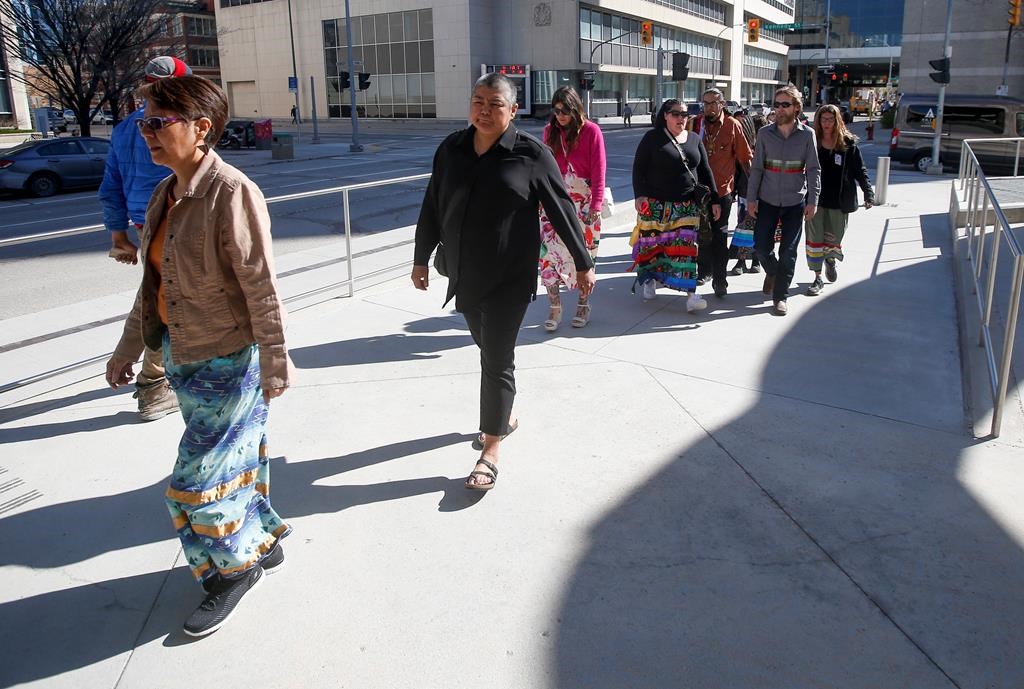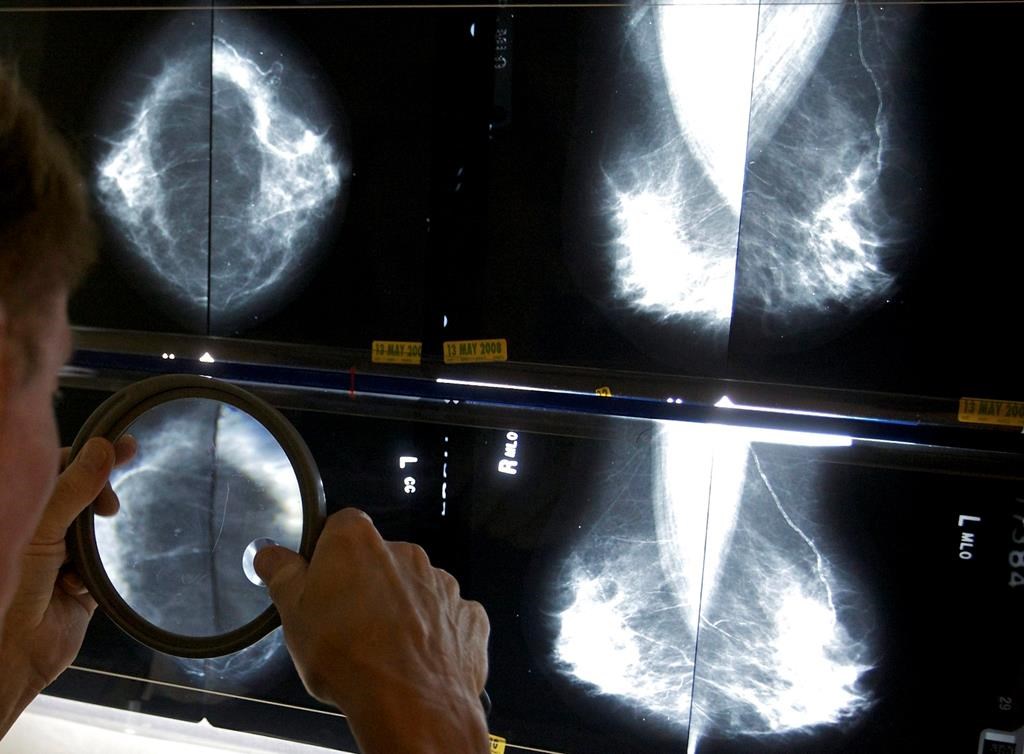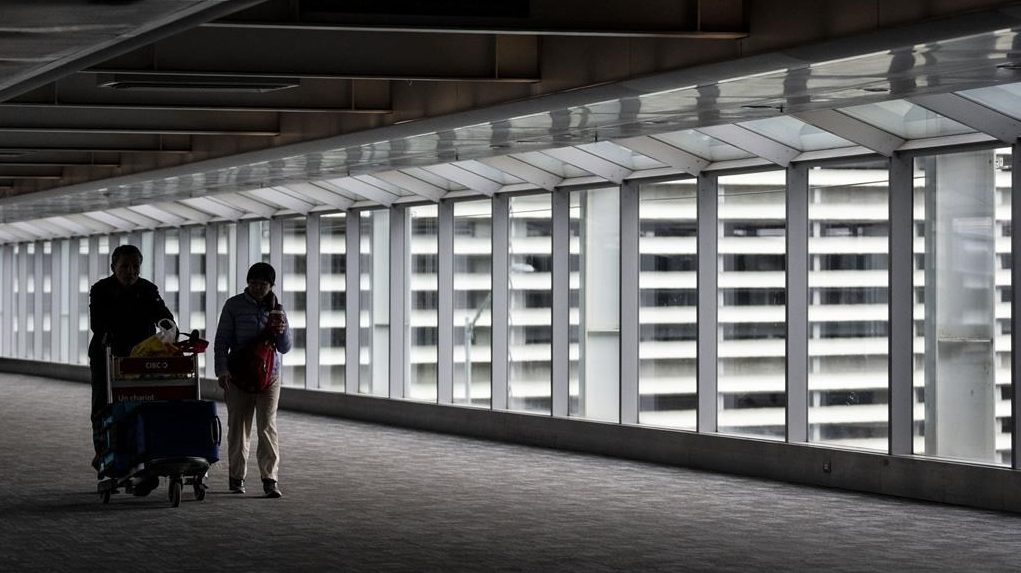Winnipeg councillor received hate messages regarding decision to change streets named after Bishop Grandin
Posted March 23, 2023 4:57 pm.
Last Updated March 23, 2023 7:04 pm.
A Winnipeg city councillor says she’s received hateful messages around the now-finalized decision to change the names of Winnipeg roadways, currently named after Bishop Grandin.
She says the vitriol is unacceptable but also an example of why the renaming must move ahead.
“Anything from ‘there hasn’t been one child one child found as a result of the searches’ to really wanting to re-adjudicate who Bishop Grandin was. So I put them plainly into the category of Indian Residential School Denialism on one end, and the continuum of hate speech on the other,” said Sherri Rollins, City Councillor Fort-Rouge, East Fort Garry Ward.
Earlier this year, members of Winnipeg’s Indigenous Relations Committee put forward a proposal to rename Bishop Grandin Trail, Bishop Grandin Blvd and Bishop Grandin Street, as their namesake Bishop Vital-Justin Grandin, is known to have played a significant role in the development of residential schools in Canada.
On Thursday, at CityHall the vote to change the names passed unanimously. And while city councillor Sherri Rollins says the vast majority of people she heard from were in favour of the change, not all were, and she was concerned about what her and her staff were being subjected too.
“As a councillor it’s been a wicked few months in the Fort Rouge, East-Fort Garry office in respect to callers and emails that are hard to listen to and or read,” said Rollins.
She says the messages show why the city’s work around reconciliation is critical.
“For sure what I see in my inbox is super concerning, but it underlines the need to continue though.”
The new names will see Bishop Grandin Blvd. renamed Abinojii Mikanah, which is Ojibway for Children’s road. Bishop Grandin Trail changed to Awasisak Mēskanow, which is Cree for children’s road as well and Grandin Street to Taapweewin Way, which means truth in Cree.
As Canadians and the Indigenous community grappled with the fact more than 1,800 grave sites have been found at Residential School Sites in Canada, Winnipeg Central NDP MP Leah Gazan called for new legislation that would see residential school denialism classified as hate speech.
She says what Rollins and others have experienced is why the legislation is needed.
“The fact that this is considered appropriate is problematic,” said Gazen.
She stressed the harmful effects of Indian residential school denialism are not limited to those receiving the emails.
“It’s the violence is perpetrated against survivors who constantly have their history and experiences left up for debate, that is unacceptable to me.”
And she says speaking out against such rhetoric is critical.
“We can never normalize hate, mis-truths and racism in the country and I think not just elected officials, I think all of us have a lot of work to do to really move towards reconciliation in a real way.”
A budget estimate for the name change will now be determined at which time it will be submitted for review.








